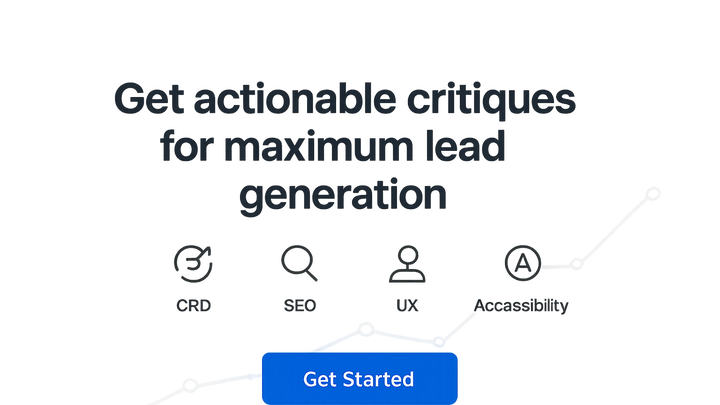Published on 2025-06-29T20:06:27Z
What is a SaaS Value Proposition? Definition, Components, and Examples
A SaaS value proposition is a concise statement that communicates the unique benefits and differentiators of a software-as-a-service offering to potential customers. It clarifies what problem the product solves, who it serves, and why it is better than alternatives. A compelling SaaS value proposition is essential for effective CRO (conversion rate optimization), UX design, and SEO, as it guides messaging across landing pages, feature descriptions, and ads. It directly influences lead generation by resonating with target audiences and encouraging them to take action. When well-crafted, it aligns marketing efforts, product development, and sales strategies around a clear, customer-centric promise.
Saas value proposition
Concise statement of the unique benefits, target audience, and differentiators of a SaaS product.
Overview of a SaaS Value Proposition
This section introduces the concept of a SaaS value proposition and explains its critical role in marketing, UX design, and overall product strategy.
-
Core definition
A concise statement that articulates the unique value and benefits a SaaS product offers to its targeted users.
- Concise communication:
It must be short enough to be read at a glance, clearly conveying the primary benefit.
- Target focus:
It directly addresses specific pain points of a well-defined audience segment.
- Concise communication:
Key Components of an Effective SaaS Value Proposition
This section breaks down the essential elements every strong SaaS value proposition should include for maximum clarity and impact.
-
Target audience
Defines who will benefit most from the product, often based on roles, industries, or specific use cases.
- User persona:
Detailed profiles of representative users help tailor messaging to real needs.
- User persona:
-
Core benefit
Describes the main problem solved or transformation delivered by the product.
-
Differentiators
Highlights unique features or approaches that set the product apart from competitors.
-
Proof and credibility
Provides evidence such as testimonials, statistics, or case studies to back up claims.
Crafting and Testing Your SaaS Value Proposition
This section covers how to develop, validate, and iterate your value proposition for optimal performance in CRO, UX, and SEO contexts.
-
Mapping customer pain points
Use interviews, surveys, and analytics to identify top user frustrations and desired outcomes.
-
Proposition hypothesis and a/b testing
Formulate hypothesis variants and test them on landing pages or key site sections to measure impact.
- Test headline variations:
Compare different headline structures to see which drives more engagement.
- Measure cta performance:
Track click-through rates on calls-to-action tied to each proposition version.
- Test headline variations:
-
Seo alignment
Ensure your proposition uses relevant keywords and semantic phrasing to improve search discoverability.
-
Iterate based on data
Refine messaging using metrics, heatmaps, and direct user feedback.
- Heatmap analysis:
Identify which parts of your proposition draw the most visual attention.
- Feedback surveys:
Collect direct user opinions on clarity and appeal to guide improvements.
- Heatmap analysis:
Real-World Examples and Best Practices
Showcases exceptional value propositions from leading SaaS tools, analyzing why they resonate with users.
-
Prevue.me
Offers actionable website critiques for maximum lead generation, covering CRO, SEO, UX, and accessibility. Promises expert feedback in minutes to help marketing and product teams boost conversions.
-
Optimizely
Empowers teams to experiment and personalize digital experiences, driving higher conversion rates through reliable A/B testing and feature flagging.
-
Hotjar
Provides heatmaps, session recordings, and feedback polls that reveal user behavior insights, enabling rapid UX and conversion improvements.
